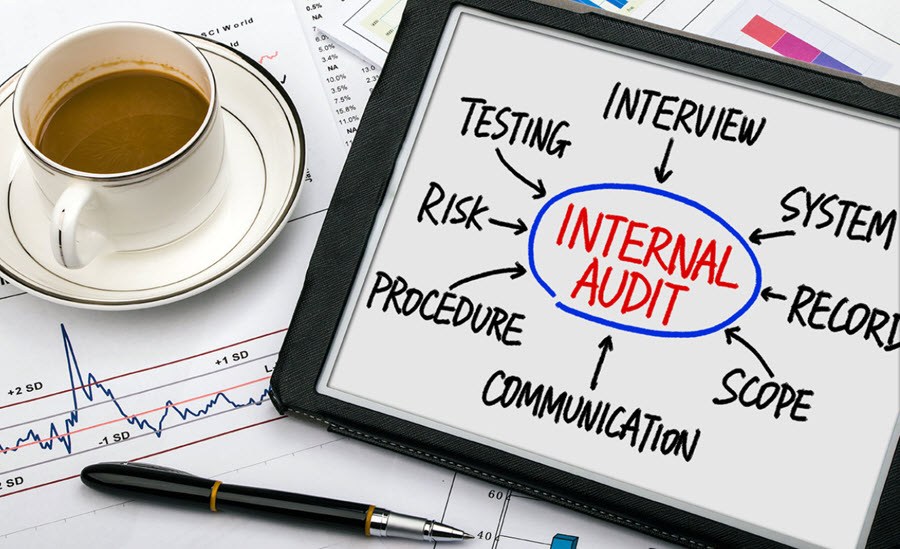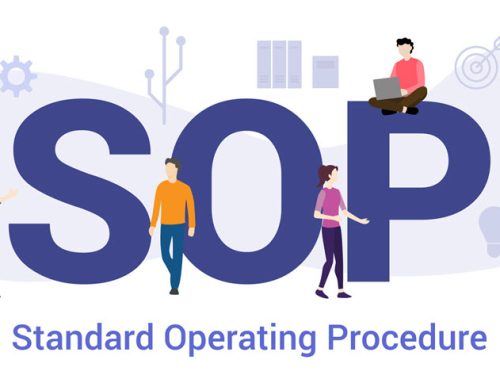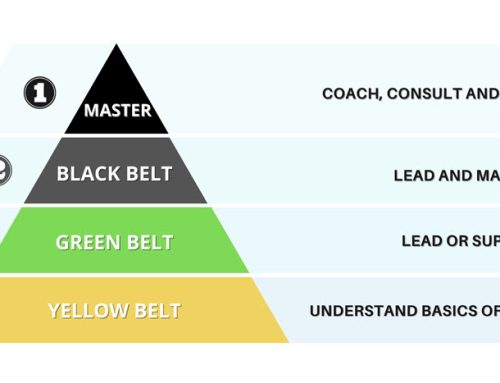What Is an Internal Audit
Conducting internal audits is an independent, objective, insurance and advisory activity designed to add value and improve the operation of the organisation. It helps an organisation achieve its goals through a systematic and disciplined approach to assessing and improving the effectiveness of risk management, corporate governance and internal control processes.
The role of internal audits is to provide independent assurance of effective risk management, internal management and control processes.
How Do Internal Audits Work
Internal auditors carry out a particular task aimed at improving companies and organisations of all kinds and ensuring compliance. The use of auditors helps the organisation to define the areas where it could be improved, but at the same time provides the information needed to achieve its goals.
Internal Audits Value to Organisations
Internal auditors deal with issues that are critical to the survival and prosperity of an organisation. Unlike external auditors, they go beyond financial risks and statements to take into account broader issues such as the reputation, growth, environmental impact of the organisation and the way it treats its employees.
Some of the Things That Internal Auditors Do
- Monitoring, analysis, risk assessment and organisational control.
- Verify your organisation’s compliance with statutory and regulatory requirements.
- Provide beliefs and recommendations to the organisations owners or directors of the company.
Internal Audit Activities
The following are the basic things that an internal auditor does while conducting internal audits. In these areas, it is essential to think about the internal auditor as a critical friend of the organisation. Someone who can practice, promote practices, and be an impetus for development with the aim that the association all in all accomplishes its vital goals.
Assessment of Control and Advisory to Managers at All Levels
The role of internal audit in risk assessment is broad, as anyone who posts to the court is involved in internal control. The work of the Internal Auditor includes a management assessment of culture sounds and risk organisation at one level by evaluating and reporting the effectiveness of implementing policy management in the second.
Risk Assessment While Conducting Internal Audits
Management is necessary to identify the risks faced by the organisation and to understand how this impacts on the achievement of goals if it cannot manage them effectively. Managers need to understand how much risk the organisation is willing to live with and to carry out controls and other security measures to ensure that these limits are not exceeded. Some companies will be more willing to take risks due to changing trends and economic and economic conditions. Internal audit techniques have therefore shifted from reactive and controlling to more proactive and risk-based approaches. This allows the internal auditor to identify potential future concerns and opportunities to provide security, advice, and information on what is most needed.
Review the Procedures and Confirm the Information
Achieving goals and managing valuable organisational resources requires systems, processes, and people. Internal auditors work closely with supervisors to review the procedures and then report on their findings. Internal auditors need to be well-versed in the strategic goals of their organisation and the industry in which they operate, so they have an understanding when conducting internal audits. Make clear how the operations of any part of the organisation fit into a larger picture.
Why Is Internal Audit Important to Your Organisation
When reporting to senior management that significant risks are being evaluated and where there is room for improvement, the internal auditor assists management and committees to demonstrate effective management of the organisation on behalf of their stakeholders. This is summarised in the report on the internal audit mission, which states that the role of internal audit is “to improve and ensure authoritative value by providing risk and objective assurance, advice, and insight.”
Therefore, internal auditors, together with the management, the non-executive management, and the external auditors, are a critical part of the top management of an organisation.
In short, internal auditors help companies succeed. This is done through a combination of insurance and advice. The part of insurance in your job is talking to managers and managers about how well the systems and processes are designed to keep the organisation on the road. They then provide academic support to improve these systems and processes as needed.






